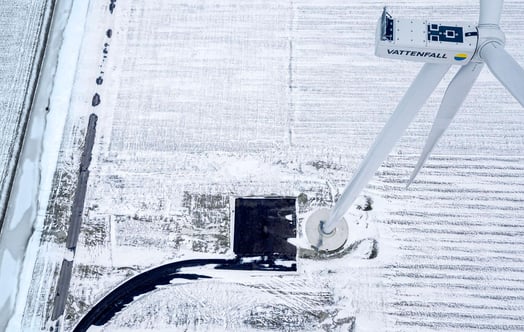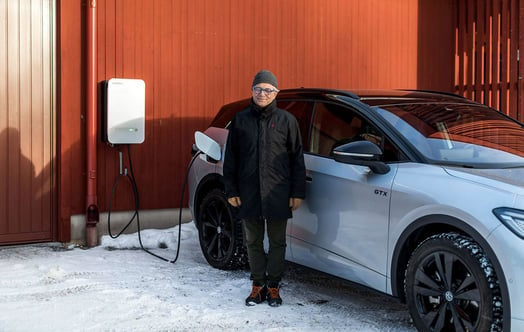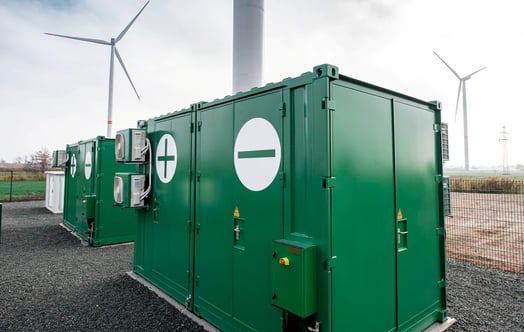In Europe’s shift towards fossil-free energy, justice and fairness take centre stage. A looming backlash is seen in protests against climate policies, and a surge in politicians opposing these measures. The underlying sentiment is that actions taken are perceived as unfair and unjust.
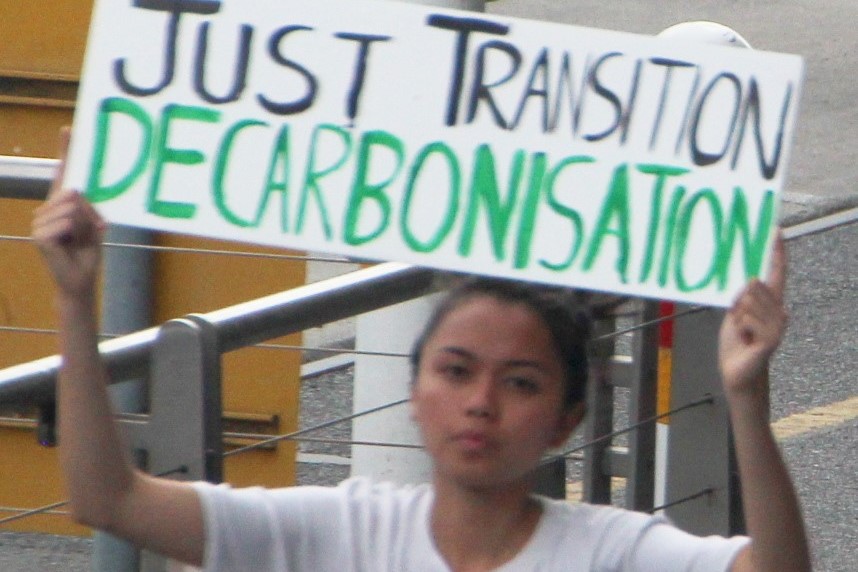 Melbourne Global climate strike on 20 September, 2019. Photo: Takver from Australia, CC BY-SA 2.0, via Wikimedia Commons
Melbourne Global climate strike on 20 September, 2019. Photo: Takver from Australia, CC BY-SA 2.0, via Wikimedia Commons
Farmers expressing their dissatisfaction with EU environmental rules argue that these regulations are disproportionately hurting them. Another example was the yellow vests protests a few years ago in France. Then, the protesters said a proposed fuel tax unfairly targeted the low and middle classes.
Ultimately, the tax was abandoned in response to the protests. Similarly, the EU is now reconsidering climate regulations in light of the ongoing farmers’ protests.
Is it impossible to achieve a transition if it is not just and fair? Many voices think so, from the chief architect of EU’s Green Deal, Frans Timmermans, who has said “there will be a just transition or there just will be no transition”, to energy companies and academia.
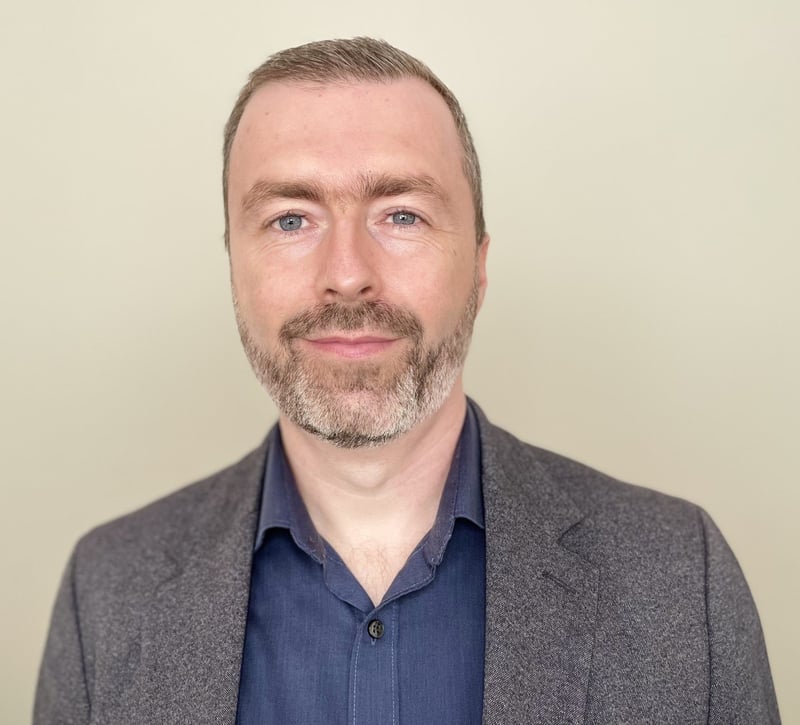
Darren McCauley is a professor of environmental and social justice at Newcastle Law School. He says that in a European context, there are several aspects to justice and fairness in the energy transition.
Key considerations include ensuring that energy prices remain affordable, where energy is produced and where it is consumed, involving communities in decision-making processes, including marginalised groups, workers’ rights, and exploring opportunities for communities to have ownership stakes in energy infrastructure.
He cites Scotland, and particularly Orkney, as a case where it generates more renewable electricity than it needs. Still energy is more expensive here than in mainland urban areas often without any production. And at the same time, rural areas where the electricity is produced, on top of those higher electricity prices, are often reliant on very expensive and CO2-intensive oil for heating.
Political campaign tool
McCauley says that people needs to feel a sense of understanding and engagement in the processes related to replacing fossil fuels. They need to know why things are being done a certain way, why they are at all implemented, why things are placed where they are, and how it benefits not only themselves but also others they want to benefit.
“Tie those things together, and you are on a winner. If you do not, you are on a loser. People need to feel that the decarbonisation choice is not only the choice that they should be making, but also the fairer and better choice for them,” says McCauley.
“If you do not get a collective buy-in and the buy-in comes from this sense of fairness across society, then, quite frankly, any technological solution you can think of will not solve the energy transition.”
Instead, we are witnessing protests and the rise of politicians who increasingly use resistance to the energy transition as a campaign tool. This is manifested, for example, in a projected rise of support in the EU elections in June for parties opposing measures to promote the transition. The underlying idea is that measures taken are perceived as unfair and unjust; and the same pattern can be seen on national, regional and local levels.
“It is absolutely not possible to have a transition unless it is just and fair,” says McCauley, adding that while this is true in places such as Western Europe and North America, the assumption is increasingly in question, for instance, by the rise of authoritarian regimes or one-party states such as China.
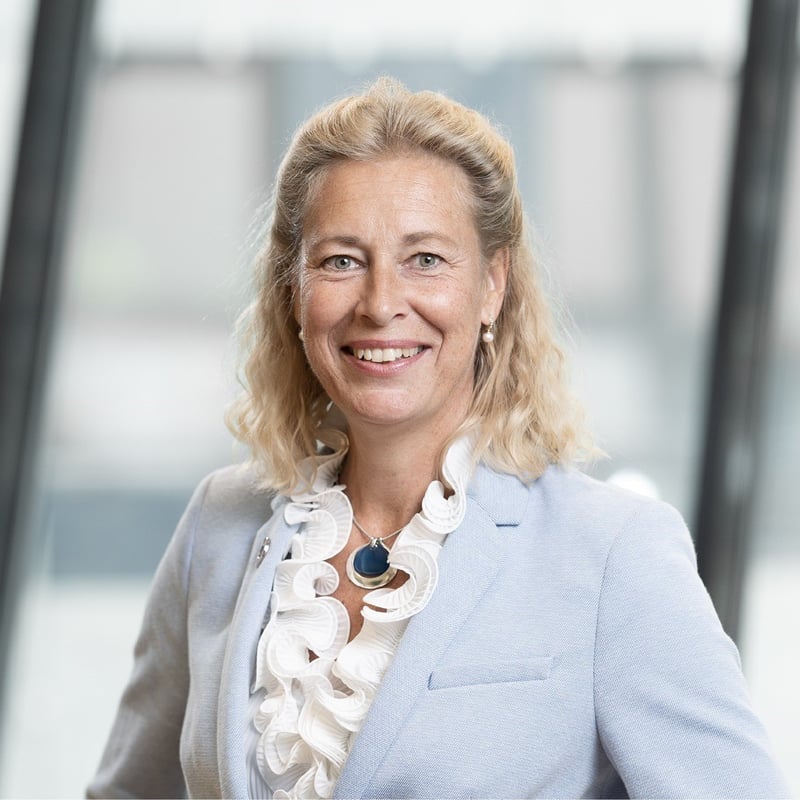
Annika Ramsköld, Head of Sustainability at Vattenfall, one of Europe’s largest producers and retailers of electricity and heat, agrees.
"If we do not handle this transition in a way that is just, we will constantly face hurdles. We know this is urgent, so we must ensure justice from the start by involving all stakeholders. The transition affects everyone, and if it is not just, it will simply not happen," Ramsköld says.
She says that a just transition makes a clear business case for a company that has enabling fossil freedom as its purpose. For Vattenfall, a just transition is based on social dialogue with affected stakeholders, seeks to minimise adverse impacts, creates benefits for impacted stakeholders, and restores or avoids degrading ecosystems. Costs and benefits need to be fairly distributed throughout the value chain.
Dialogue is key
Dialogue is the primary tool, to understand stakeholders' needs, anticipate and mitigate potential negative impacts, and to ensure fair compensation for those adversely affected. Dialogue also helps identify positive effects and find the best strategies for achieving them.
An illustrative example of constructive dialogue with reindeer herding Sámis – an indigenous people often adversely affected by the building of new energy infrastructure in Northern Sweden – occurred when company representatives initially considered a straight power line from point A to point B as the optimal route.
Discussions with local communities and reindeer herders showed that a somewhat longer and wider route would be less restrictive for them, making that small part of the electrification journey more just.
Other examples of making the transition more just and inclusive include community funds that have been established when building new wind farms to support local communities, local co-ownership, and measures to find local suppliers and employees when building new projects and then for maintenance work. There is no one-size-fits-all, but again, dialogue is essential.
One key part of a just and fair transition is how co-workers are treated when fossil-based infrastructure is closed. In fact, the term “just transition” was first used by United States trade unions in the 1980’s to call for the replacement of lost fossil fuel jobs.
Annika Ramsköld says that dialogue with trade unions have been paramount to successfully deal with the closing of coal-fired power plants in countries such as the Netherlands and Germany. Important tools have been individual plans for the employees along with reskilling and upskilling for new jobs at Vattenfall or sometimes externally.
“The energy transition will not go unnoticed. Many will be impacted, and focus must lie on minimising negative effects and the creation of new opportunities. Those who are adversely affected must receive some form of compensation,” says Ramsköld.

